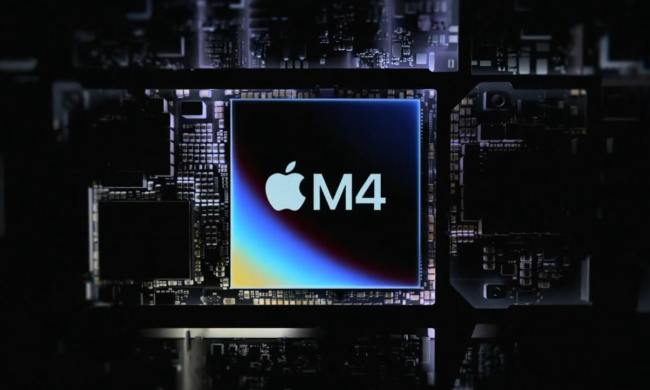
It looks like it could be a winning year for the digital community. The Nobel Committee announced its nominees for the Nobel Peace Prize today, and among the 241 candidates were the Internet and WikiLeaks.
The uprisings in the Middle East would not have been without the Internet. After Tunisia successfully uprooted its dictator, demonstrations spread like wildfire thanks to viral videos and statements across Twitter, YouTube, and Facebook. Connectivity proved to be the catalyst in the revolutions, and in many cases the only tool for activists desperate to tell the world what was and is happening.
Also giving the Internet an edge is the fact that this is its second nomination, being a second time nominee may give it an advantage. Our only thought: Who would accept the award? Maybe Wael Ghonim? Al Gore?
And whether or not you agree with the organization, let’s face it, WikiLeaks has undoubtedly struck a chord. Leader Julian Assange was this close to being named Time’s Person of the Year, losing out to Facebook CEO Mark Zuckerberg. And his infamy is climbing still: Assange faces court time for his alleged sexual misconduct, and could potentially be extradited to the US to face charges stemming from WikiLeaks Cablegate operation.
Of course a WikiLeaks win wouldn’t be without controversy – and that might actually help it. The anti-secrecy group has won the favor of government transparency advocates while simultaneously infuriating political leaders across the globe. Which is why it’s somewhat surprising that some of the most active voters this year were found within the US Congress. According to Reuters, the other most influential entity was the Norwegian parliament.
It seems like WikiLeaks has a better chance than the Internet of being awarded the honor. The Internet is too broad a recipient, and if the nomination were in response to the Libyan, Tunisian, Egyptian, and similar revolutions, it would seem like Social Media would be a better choice. Perhaps even specific social networks like Twitter or Facebook, although it’s safe to say the profit focuses of both these organizations is too great for voters to ignore. But don’t count either contender out yet – there’s some speculation they may earn some sort of recognition.


